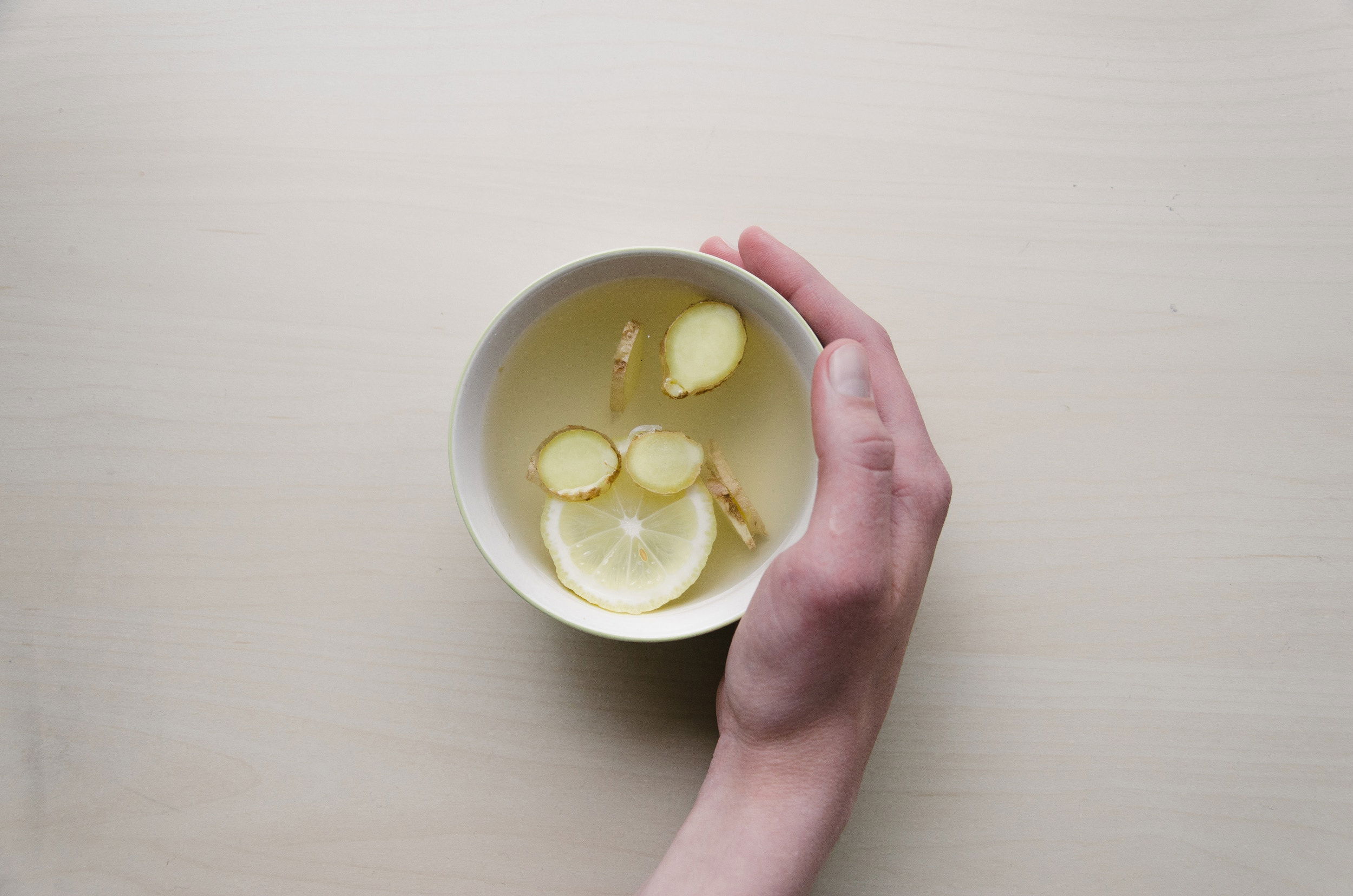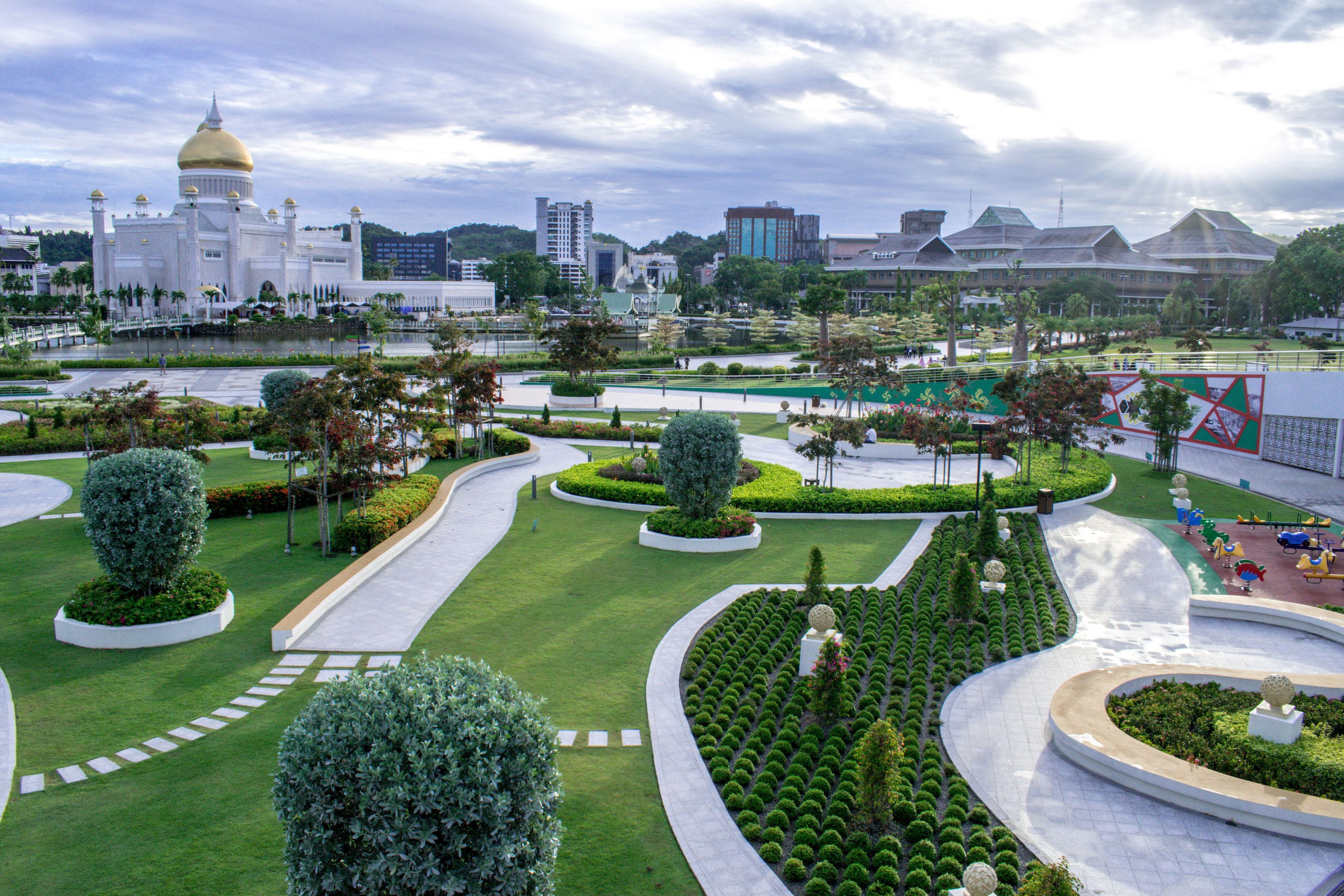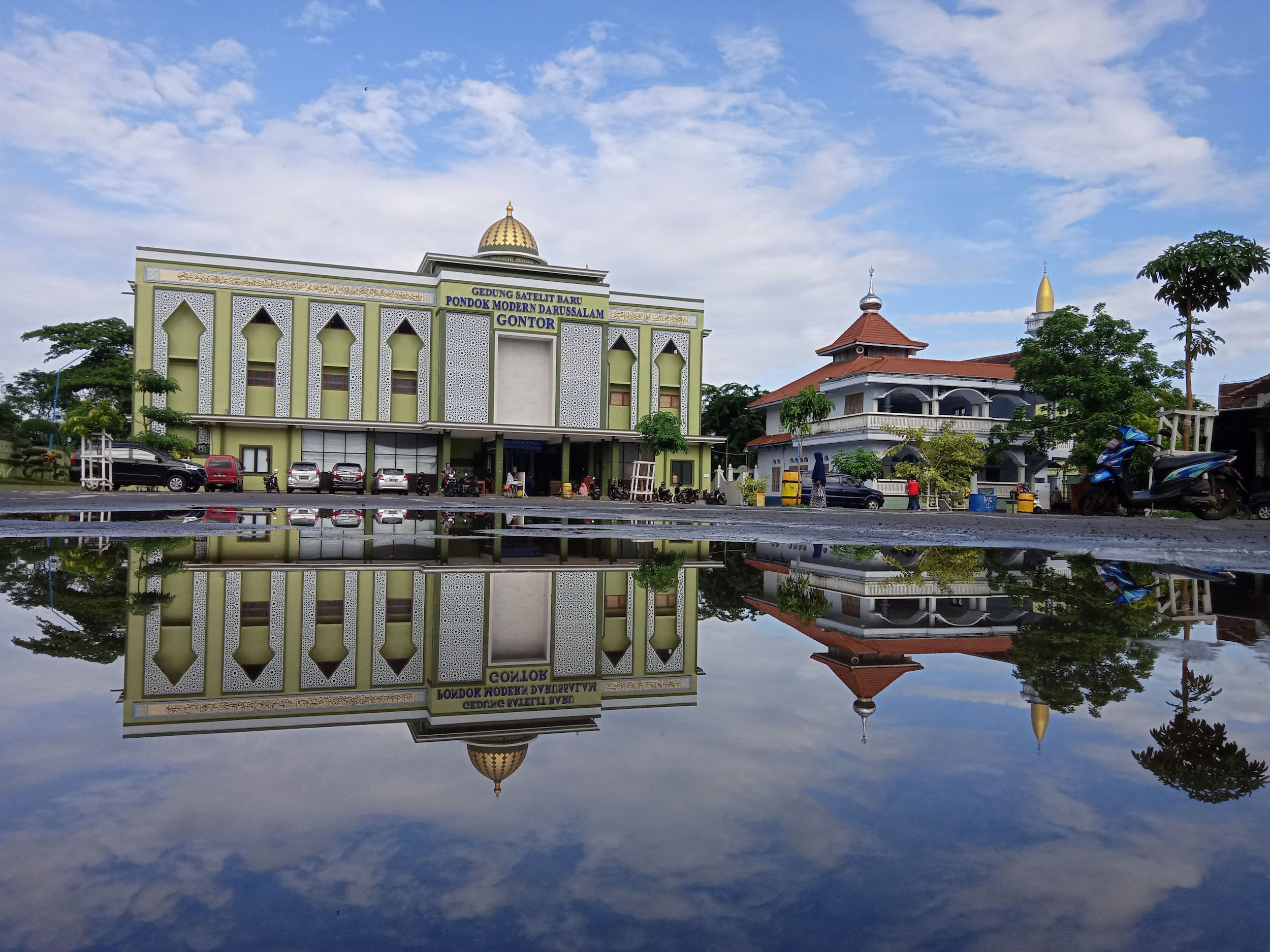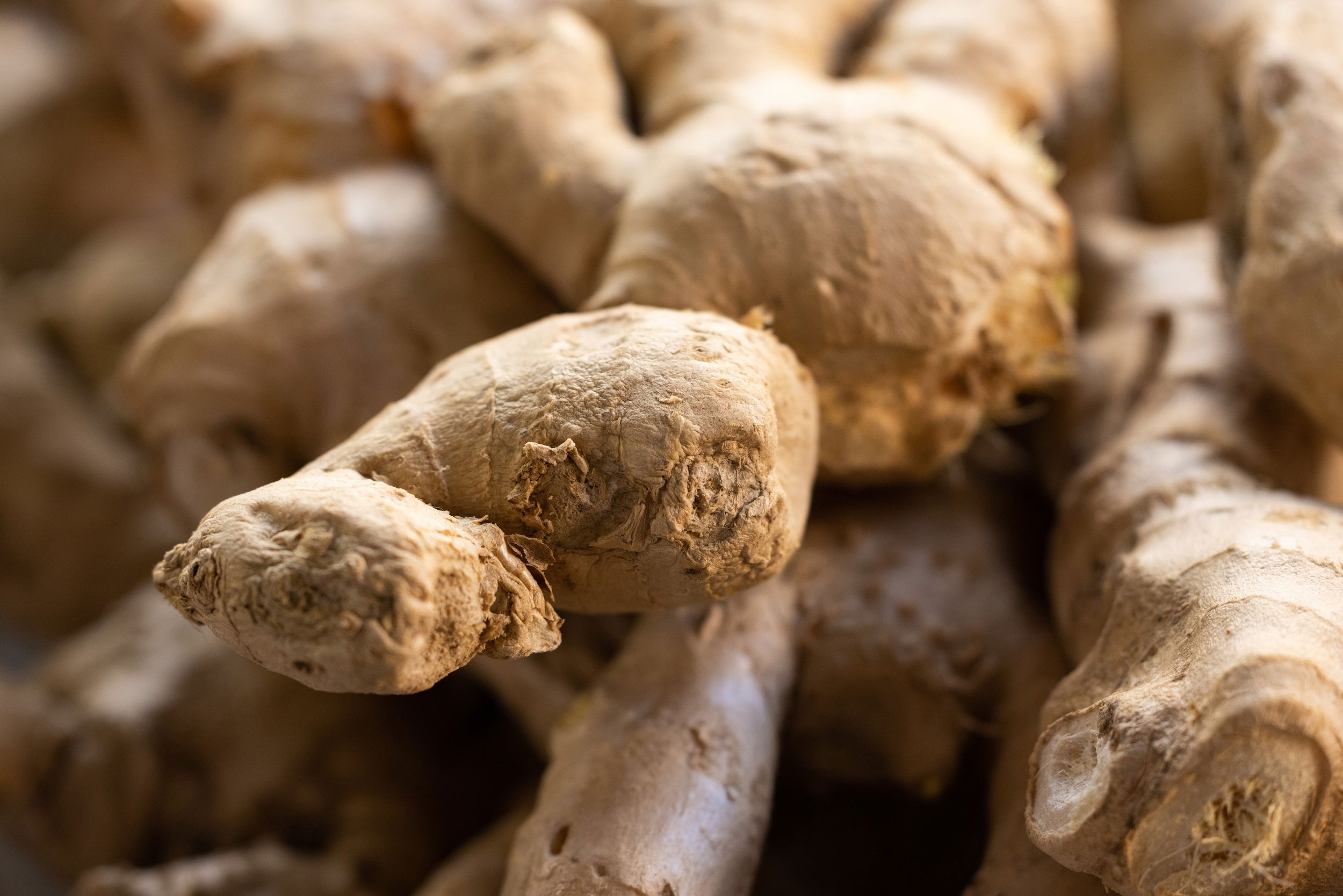Brunei's Growing Demand for Thai Fresh Ginger
Ginger, a root crop known for its distinctive spicy, fragrant taste, has been increasingly in demand all over the world, particularly in Brunei. With the growth of the food and beverage industry and the recognition of the health benefits of ginger, more and more consumers are seeking fresh, high-quality ginger.
However, Brunei's local production of ginger is insufficient to meet the rising demand, and the country has been looking to import from other countries, particularly Thailand. In this article, we will explore the reasons behind Brunei's need for Thai fresh ginger, the challenges in meeting this demand, and the potential benefits of trade partnerships between the two countries.

Brunei's Growing Demand for Thai Fresh Ginger
Brunei has been showing an increasingly high demand for fresh ginger in recent years. The small Southeast Asian nation has been importing ginger from various countries, but Thai ginger has been particularly popular. It has become a staple ingredient in Brunei's cuisine, and its use has extended to traditional remedies for ailments.
An Overview of Brunei's Ginger Market
Brunei's ginger market has been expanding rapidly, with the country importing more ginger every year. According to a report published by the International Trade Centre, Brunei imported around 168 tons of ginger worth $131,000 in 2019. The report also stated that the country has a high demand for fresh ginger, with most of the imported ginger being used by the food and beverage industry.
The Health Benefits and Versatile Uses of Fresh Ginger
Fresh ginger is not only a tasty addition to meals, but it also provides numerous health benefits. Ginger contains anti-inflammatory properties and has been used to relieve nausea and motion sickness. It is also known to help with digestion and boost the immune system. Additionally, ginger is a versatile ingredient that can be used in both savory and sweet dishes.

The Challenges in Meeting Brunei's Ginger Needs
Despite the high demand for ginger in Brunei, meeting that demand has proved challenging. One of the challenges is the gap between the current supply and demand for fresh ginger. Also, climate change has been affecting ginger farming, which affects the crop's yield and quality.
Identifying the Current Supply and Demand Gaps
Identifying the current supply and demand gaps is essential to address the challenges faced in meeting Brunei's ginger needs. It is crucial to understand the demand patterns and preferences of Brunei's ginger market to ensure the right amount of ginger supply.
The Impact of Climate Change on Ginger Farming
Climate change has been affecting ginger farming, and this may lead to a decrease in the quality and yield of ginger. The changes in temperature and rainfall patterns can affect the growth and development of ginger plants, which may result in lower yields and lower quality crops.

The Thai Ginger Export Industry
Thailand is a significant player in the global ginger trade industry, and its ginger exports have been on the rise in recent years. Thai ginger has become increasingly popular in international markets, including Brunei, due to its high quality and competitive pricing.
A Look at Thailand's Ginger Production and Exports
Thailand is one of the largest ginger producers and exporters worldwide. According to the Food and Agriculture Organization, Thailand produced over 500,000 tons of ginger in 2018, with most of it being exported to countries such as the United States, Japan, and Singapore.
The Competitive Edge of Thai Ginger in the Global Market
Thai ginger is known for its unique flavor, high-quality, and affordable pricing, making it a popular choice in the global market. Thailand has been able to maintain its competitive edge in the ginger trade through its advanced farming techniques, infrastructure, and government support.

Exploring Trade Partnerships between Brunei and Thailand for Ginger
Exploring trade partnerships between Brunei and Thailand for ginger could provide a solution to the challenges faced in meeting Brunei's ginger needs.
Opportunities for Trade Collaboration and Investment
There are opportunities for trade collaboration and investment between Brunei and Thailand in the ginger trade industry. Collaboration efforts can include joint ventures, partnerships, and contract farming arrangements.
The Role of Government Policies in Promoting Trade Relationship
Government policies play a crucial role in promoting trade relationships between countries. The Brunei and Thailand governments can work together to create policies that incentivize trade and investment in the ginger trade industry. This collaboration can help ensure a stable supply of high-quality ginger at a reasonable price for Brunei's ginger market.

Transportation and Logistics: Ensuring Freshness and Quality of Ginger
When it comes to transporting fresh ginger from Thailand to Brunei, proper packaging and handling is crucial in order to maintain the quality and freshness of the product. Ginger is a delicate root that can bruise easily, leading to spoilage and decreased shelf life.
To ensure that ginger arrives at its destination in top condition, it is important to use specialized packaging that protects the root from damage and exposure to excess moisture. Additionally, temperature-controlled transport is ideal for preserving the freshness and flavor of the ginger.
Understanding the logistics and distribution chain is also crucial in ensuring the timely delivery of high-quality ginger. Proper coordination between exporters, importers, and transport companies is necessary to prevent delays and ensure that the ginger arrives at its destination in a timely manner.
Best Practices for Cultivating and Harvesting High-Quality Ginger
Thailand is known for producing some of the highest quality ginger in the world, thanks to its ideal climate and soil conditions. To cultivate and harvest the best possible ginger, it is important to understand the ideal growing conditions and techniques for sustainable and efficient ginger farming.
The ideal climate for ginger farming is a humid and warm tropical environment, with well-draining soil and plenty of rainfall. Ginger also requires careful attention to soil preparation, including the addition of organic matter, to ensure optimal growing conditions.
Sustainable and efficient farming techniques, such as crop rotation and the use of natural pest control methods, are essential to producing high-quality ginger while minimizing the impact on the environment.

Promoting Sustainable Ginger Farming in Thailand and Beyond
Sustainable farming practices not only benefit the environment but also support local farmers and promote economic growth. In Thailand and other countries, there is a growing movement towards promoting sustainable ginger farming practices and supporting local farmers.
This includes encouraging best practices such as crop rotation, organic farming methods, and responsible water management. Additionally, initiatives to support and empower local farmers can help to create more sustainable and resilient agricultural communities.
The importance of sustainable farming practices cannot be overstated, as they not only benefit the environment and local communities but also ensure the long-term viability of the ginger industry and the many people who depend on it for their livelihoods. In conclusion, the demand for fresh ginger in Brunei is expected to continue growing in the coming years, and it presents an opportunity for Thailand to expand its export market. While there are challenges to be addressed, including transportation and logistics and sustainable farming practices, the potential benefits of meeting Brunei's ginger needs are significant. With the right strategies and partnerships in place, both countries can benefit from a thriving ginger trade.

FAQs
Why is Brunei's demand for fresh ginger growing?
Brunei's demand for fresh ginger is growing due to the increasing popularity of ginger in the food and beverage industry, as well as its recognized health benefits. Ginger has been used for centuries as a natural remedy for various ailments, including nausea, inflammation, and respiratory infections.
Why is Thailand a good source of fresh ginger for Brunei?
Thailand is a good source of fresh ginger for Brunei because of its reputation for high-quality ginger production and export. Thailand has been a major player in the global ginger trade, and its ginger is known for its distinctive flavor and aroma.
What are the challenges in meeting Brunei's demand for fresh ginger?
The challenges in meeting Brunei's demand for fresh ginger include transportation and logistics, as ginger is a perishable crop that requires proper handling and refrigeration. In addition, sustainable farming practices need to be encouraged to ensure a stable supply of ginger in the long term.
How can trade partnerships between Brunei and Thailand benefit both countries?
Trade partnerships between Brunei and Thailand can benefit both countries by promoting economic growth and job creation in the ginger farming and export industries. Thailand can expand its export market, while Brunei can meet the growing demand for fresh ginger and support local businesses.